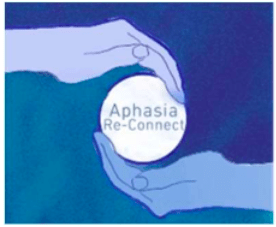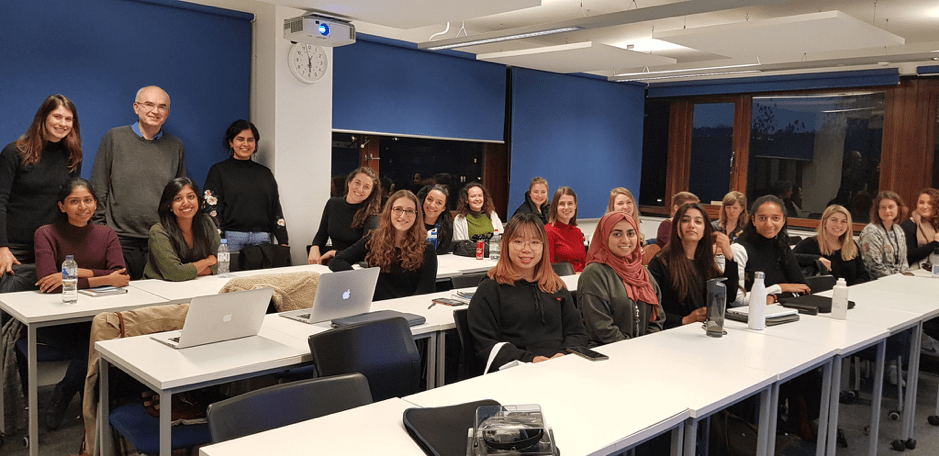In the next academic year, I will be expected to write my dissertation project. That, in itself will truly test me, considering I have amended one sentence in this blog a mere 6 times. In order to embody this dissertation driven persona early on, I have decided to visit a local café to steal their wi-fi, write this post and find inspiration as I stare out the rain glazed windows. The next stage involves excessive latte drinking, furious typing and donning a cap to conceal the sleep deprivation and reported delirium.
Before I further tempt this dissertation related anxiety, I thought I would re-visit the high and lowlights of my third year at university.
In September, I begrudgingly walked off a plane bronzed from a holiday in Morocco with some of my university friends, then I found myself 12 hours later promoting the Speech and Language Therapy Society at the Freshers Fair.
As October was just around the corner, lectures re-commenced and I gradually fell back in to the routine of university. I purchased my monthly oyster card, started obsessing over the different ways I could prepare cous cous for lunch and reduced my leisurely morning routine to prioritise sleep.
I continued volunteering at Aphasia Re-connect throughout November, where I was involved with supporting conversations for people with Aphasia following a stroke. Aphasia can affect a person’s ability to understand speech, speak, read, write and use numbers and occurs after brain damage. Find out more information here: https://aphasiareconnect.org/

December housed countless hours at my part-time retail job, exposing my cousin to the wonderful city of London and completing coursework due in the upcoming year. I celebrated my birthday then welcomed January 2019 with open arms and resolutions that I have shockingly adhered to!

Some of my presents
The Speech and Language Therapy Society tasks really kicked off in February, we started a series of lectures relating to Speech and Language Therapy for anyone to attend. The image below is from a lecture by Richard Cave about Voice Banking for people with Motor Neurone Disease.

In March the society continued on with our efforts, and we participated in the Swallow Awareness day to bring to light difficulties that can be experienced by people on a modified diet. I also received an Academic Achievement Award, and a nomination for the hard work I put in writing these blogs (thanks for this)!
Tonight’s #swallowaware dinner➡️Chicken🍗 ,mixed veggies🥕🥦 and mashed potato🥔 at Level 4/5! Here’s a before and after!
This took a lot longer than expected and really made me think of all the prep that would need to go into preparing meals on a daily basis. pic.twitter.com/jJU4DF5gCq— City Uni SLT Society (@_CitySLT_) 13 March 2019
Another #swallowaware meal share, with @_maryamslt trying out pureed banana bread pudding!#swallowaware2019 #Dysphagia pic.twitter.com/y6svO9RPd4
— City Uni SLT Society (@_CitySLT_) 13 March 2019
April was jam packed with countless weddings, days grieving on Twitter after Tony Stark died (if you have not watched it by now, you deserve this spoiler) and dusting off my notes from the year in preparation for dreaded exams.
There is not much to say about May; it was definitely challenging to balance fasting for Ramadan whilst revising. Days after our fourth exam we entered June and my summer placement in an Adult Community setting commenced. I refined my clinical skills, and one of my proudest moments during placement was presenting for an hour on the relevancy and need of Speech and Language Therapy in the acute mental health client group.

A doodle drawn during peak revision hours
On the second of July I beamed with joy as I skipped out of my final exam for the year. Next week I welcome a new experience as a helper on an Intensive Stammering course for children and teenagers.
Reflecting has highlighted just how much happens in one academic year, as when you are in it time flies by so fast that there is barely any time to relish in the successes. Writing this blog post has also uncovered some changes I would like to implement in the next academic year – such as increasing my productivity by following soft deadlines and reducing the amount of time I spend completing BuzzFeed quizzes. What would you do differently next year?




Recent Comments